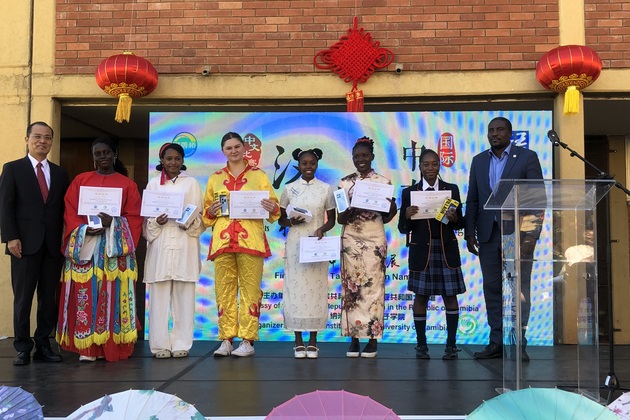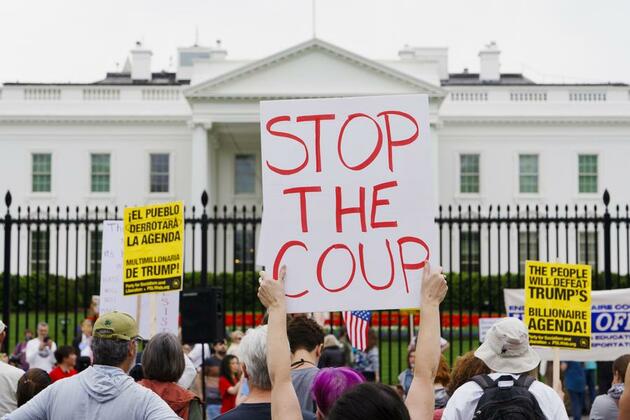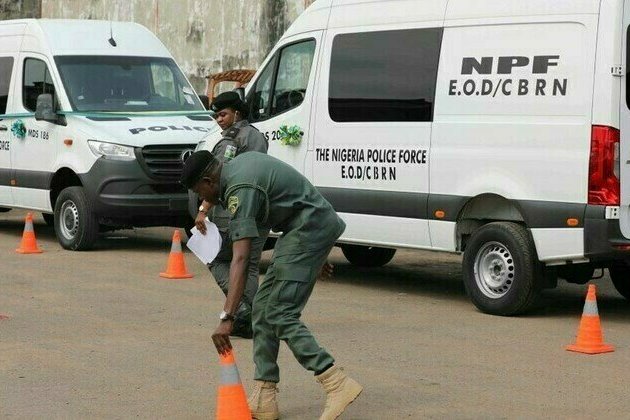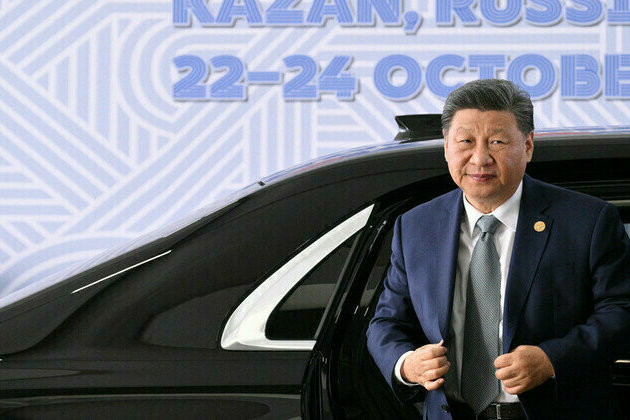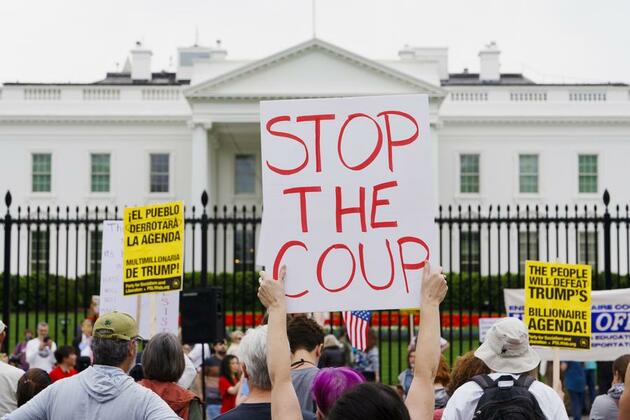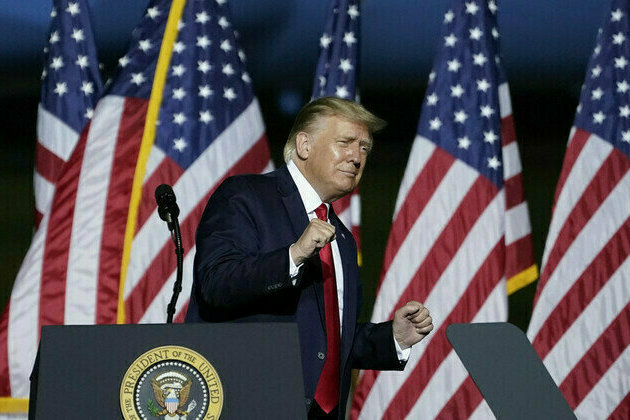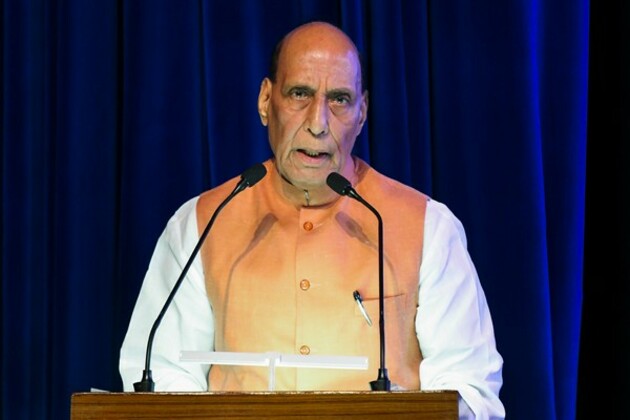Economic Watch: U.S. tariff tsunami wrecks disproportionate havoc on African economies
Xinhua
30 Apr 2025, 17:15 GMT+10
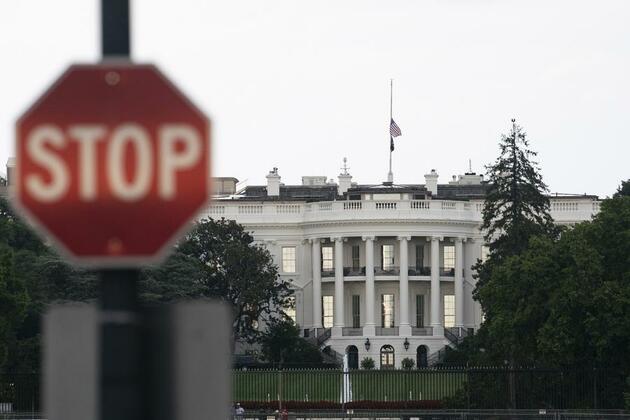
Being subject to high "reciprocal tariffs" in a limited trade with the United States is making African economies more vulnerable, revealing the disproportionate impact of the U.S. tariff policy.
ADDIS ABABA, April 30 (Xinhua) -- Lesotho, a small southern African country and one of the world's least developed countries, is facing grave concerns after U.S. President Donald Trump imposed a 50 percent "reciprocal tariff" on it.
The move threatens Lesotho's economy, which is heavily dependent on textile exports.
The U.S. tariff policy has triggered widespread criticism and caused economic turmoil worldwide. For Africa, home to 33 of the world's 46 least developed countries, the impact poses a significant threat to their development and industrialization.
Most African economies are still in the early stage of development, with limited diversification and resilience to external risk, especially given their reliance on exports.
Being subject to high "reciprocal tariffs" in a limited trade with the United States is making their economies more vulnerable, revealing the disproportionate impact of the U.S. tariff policy.
Critics, including U.S. media, have called the U.S. "trade loss theory" untenable and absurd, saying Lesothans spend only 3 U.S. dollars per person a year on U.S. goods and services, not because they are taking advantage of the country, but because they have no money.
Carlos Lopes, former executive secretary of the United Nations Economic Commission for Africa, said Lesotho exports over 50 percent of its garment products to the United States, adding that the tariffs will inflict severe pain on its garment processing industry, a key economic pillar, leading to declining exports, factory shutdowns and massive job cuts.
Noting that African economies have worked hard to integrate into global value chains under the framework of a rules-based international trading system, Lopes said that countries such as Madagascar, Lesotho and Kenya "find themselves penalized," as they have developed export-oriented sectors such as apparel, textiles, light manufacturing and agro-processing, all of which are highly vulnerable to tariff shocks.
Newcomers in the lower rungs of industrialization, after years of donor-supported economic liberalization, are being blindsided by a tariff measure that was applied without regard for development levels, he added.
South Africa's automotive sector, which accounts for 22 percent of its total exports to the United States, is among those hardest hit by separate tariffs on foreign-made cars.
U.S. tariffs will have a series of negative economic impacts on African countries. Falling export earnings lead to a reduction in foreign exchange reserves, placing downward pressure on national currencies. The depreciation, in turn, makes imports more expensive, driving up the cost of living in affected countries.
Meanwhile, African countries' ability to pay debts will also be hampered due to declining export earnings and worsening economic outlooks, possibly triggering sovereign credit crises, and further weakening the ability of governments to fund development projects.
The potential impact goes further beyond immediate trade disruptions. U.S. tariffs create difficulty for African enterprises to accumulate the capital needed for technological upgrading and industrial transformation through exports. As a result, Africa's industrialization process is being hindered, constraining it at the lower end of the global value chain.
Balew Demissie, a senior consultant at the Policy Studies Institute of Ethiopia, warned that although Ethiopia is implementing an import substitution strategy, it has yet to import key mechanical equipment to make it happen. The depreciation of its currency will undoubtedly increase costs and hinder its efforts to move up the industrial chain.
Facing uncertain U.S. trade policies, African countries are actively embracing the African Continental Free Trade Area deal, which aims to promote intra-African trade and investment by eliminating internal tariff barriers, establishing regional value chains, achieving economies of scale, and enhancing Africa's standing in the global trade landscape. By now, 47 out of the 55 members of the African Union have ratified the agreement.
The World Bank estimates that by 2035, this agreement is expected to help lift 30 million Africans out of extreme poverty, raise Africa's total income by 450 billion dollars, and increase the continent's exports by nearly 29 percent.
 Share
Share
 Tweet
Tweet
 Share
Share
 Flip
Flip
 Email
Email
Watch latest videos
Subscribe and Follow
Get a daily dose of Kenya Star news through our daily email, its complimentary and keeps you fully up to date with world and business news as well.
News RELEASES
Publish news of your business, community or sports group, personnel appointments, major event and more by submitting a news release to Kenya Star.
More InformationAfrica
SectionEconomic Watch: U.S. tariff tsunami wrecks disproportionate havoc on African economies
This photo taken on Aug. 4, 2022 shows the White House and a stop sign in Washington, D.C., the United States. (Xinhua/Liu Jie) Being...
NAMIBIA-WINDHOEK-CHINESE LANGUAGE COMPETITION
(250430) -- WINDHOEK, April 30, 2025 (Xinhua) -- Award winners in the Chinese language competition pose for a photo with Chinese Ambassador...
World Insights: Trump adminstration's 1st 100 days: Major policy shifts, legal battles and controversies
Protesters gather during a rally outside the White House in Washington, D.C., the United States, April 19, 2025. (Photo by Aaron Schwartz/Xinhua)...
Peacekeepers leaving DR Congo - media
The withdrawal of Southern African forces comes as M23 rebels take control of major cities and violence displaces thousands ...
Peacekeepers leaving DR Congo media
The withdrawal of Southern African forces comes as M23 rebels take control of major cities and violence displaces thousands Troops...
Roadside bomb kills dozens in African state
Islamic State fighters have reportedly claimed responsibility for the attack in Nigerias restive Borno region At least 26 people...
World
SectionKremlin confirms Chinas Xi to attend Moscow Victory Day celebrations
More than 20 foreign leaders are expected to take part in celebrations marking the 80th anniversary of victory in WWII Chinese President...
World Insights: Countries race to recruit U.S. scientists disillusioned by Trump policies
Protesters gather during a rally outside the White House in Washington, D.C., the United States, April 19, 2025. (Photo by Aaron Schwartz/Xinhua)...
Trump dances to YMCA to celebrate 100 days in office
The US president broke out his iconic moves during a rally in Michigan US President Donald Trump celebrated his first 100 days back...
Trump adviser explains why US must cut military aid to Europe
Washington has $33 trillion in debt and cannot keep funding other nations security, Mike Waltz has said The US has run its debt so...
Economic Watch: U.S. tariff tsunami wrecks disproportionate havoc on African economies
This photo taken on Aug. 4, 2022 shows the White House and a stop sign in Washington, D.C., the United States. (Xinhua/Liu Jie) Being...
Rajnath Singh to represent India at Moscow's Victory Day Parade: Sources
New Delhi [India], April 30 (ANI): Union Defence Minister Rajnath Singh will represent India at the upcoming Victory Day Parade in...

